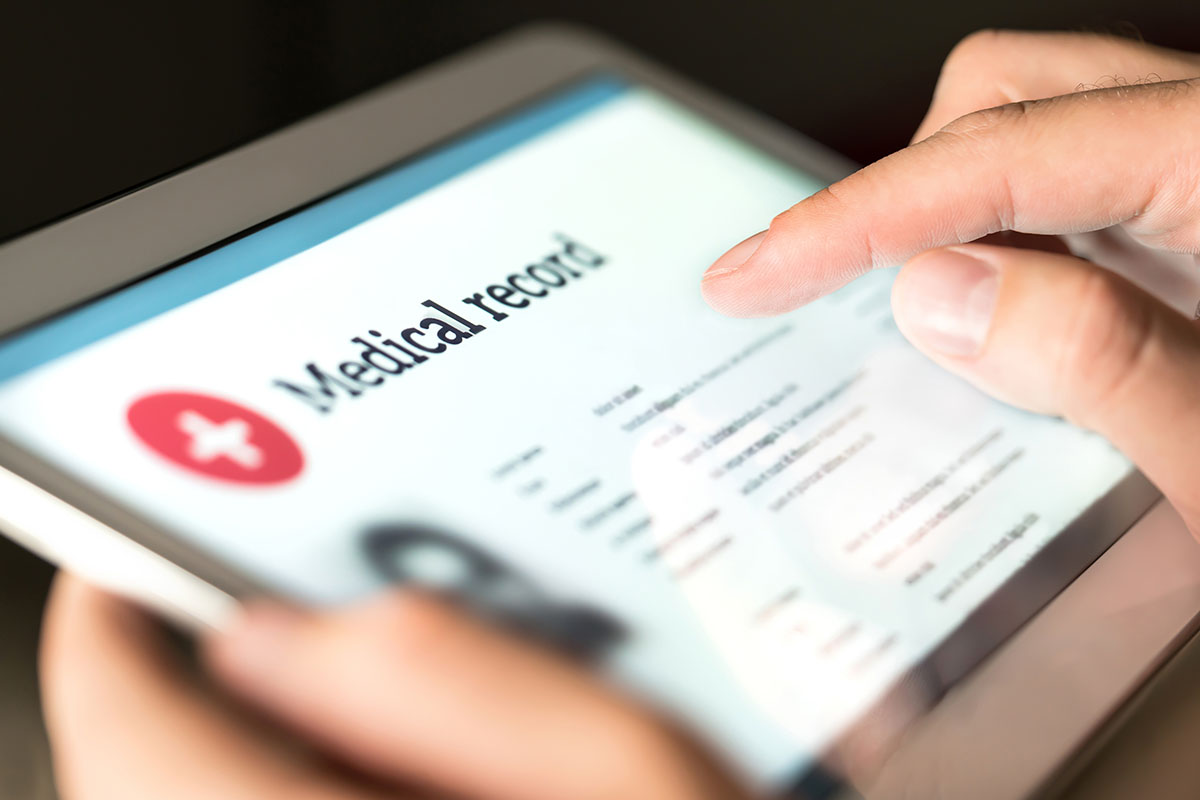Being involved in an accident and sustaining an injury is a scary time. The aftermath is stressful, with medical bills likely piling up and leave from work likely. Some victims of personal injury are surprised to learn that the injuries stemming from an accident aren’t the only medical records relevant and that their medical history is a factor in a personal injury case even if being unconnected on the surface.
Your medical history and records are very important to personal injury cases, and here is why.
Why Are Medical Records Important for Personal Injury Cases
For a personal injury case, it’s best to think of your medical records and history as closer to witnesses than paperwork detailing your medical status. It’s proof of injuries sustained related to the accident. More than that, there are a range of reasons for the importance of medical records:
Injury Causation
Medical records establish a direct link between the accident and injuries described in a personal injury claim, helping to dispel any argument that the injury is related to something else. When medical care is sought following an accident, it establishes a timeline that the injuries are a direct result of the accident, creating a link that is the foundation of the claim.
Expert Medical Opinion
Medical records include the opinions and diagnoses of healthcare professionals, which are expert opinions that carry a lot of weight in a case. They help defend and demonstrate the seriousness of any injuries sustained and can influence the outcome of negotiations or court proceedings.
Providing a Timeline
Medical records provide a chronological timeline of injuries and their treatments, establishing a clear narrative of the recovery process that can help the opposing party understand the impact the accident had on a claimant’s life.
Medical Diligence
It’s important to a personal injury case that the records show that a doctor’s recommendations and treatment plans were followed. If the medical records demonstrate a person has been diligent in seeking necessary medical care, it strengthens the case rather than demonstrating negligence and allowing an argument for the extent of the injuries being their own fault.
Validating Pain
Medical records don’t only detail physical injuries, they usually include notes about a person’s pain, suffering, and emotional distress that result from them. These records help quantify the non-economic damages, which are generally difficult to prove without documentation.
Medical Costs
The full extent of medical costs isn’t immediately clear, but medical records can help anticipate any future medical costs. This helps to ensure that if the case is won, a person is properly compensated for ongoing treatments, therapy, and potential long-term healthcare needs.
Types of Medical Records Used in a Personal Injury Case
Now that you understand why medical history and medical records are important factors in a personal injury case, let’s go over the types of records commonly used:
- Emergency care reports: the record of what happened right after the accident, such as notes from emergency personnel, test results, and treatments applied that day.
- Medical histories: essentially a diary of a person’s medical past, from previous illnesses to past treatments, any relevant medical details that can be recorded by a doctor.
- Specialist reports: treatment and diagnostic details that add layers to the medical records, telling their specialty understanding of any injuries.
- Hospitalization records: a detailed account of everything that happened during a person’s hospital stay, including diagnoses, procedures, test results, medications prescribed, and any surgical treatments performed.
- Medical bills: the receipts of any medical expense, paid or owed. They provide a detailed breakdown of any treatment given and what the cost was.
These are the most likely records an attorney will call on to include in a claim and prove that an injury is directly linked to an accident.
Evidence of Injury: The Impact of an Accident
Knowing how to get medical records, which ones are pertinent, and what information in them is most relevant to a personal injury case is a significant part of the battle. Another important factor is having the right personal injury attorney.
Here at Note & Kidd Attorneys, we are well-versed in personal injury lawsuits and cases, offering guidance every step of the way. Our mission has always been to advocate for our client’s rights no matter the circumstances or extent of the case.
Reach out to us today if you have any questions or concerns regarding a wrongful accident. We will help you every step of the way!

